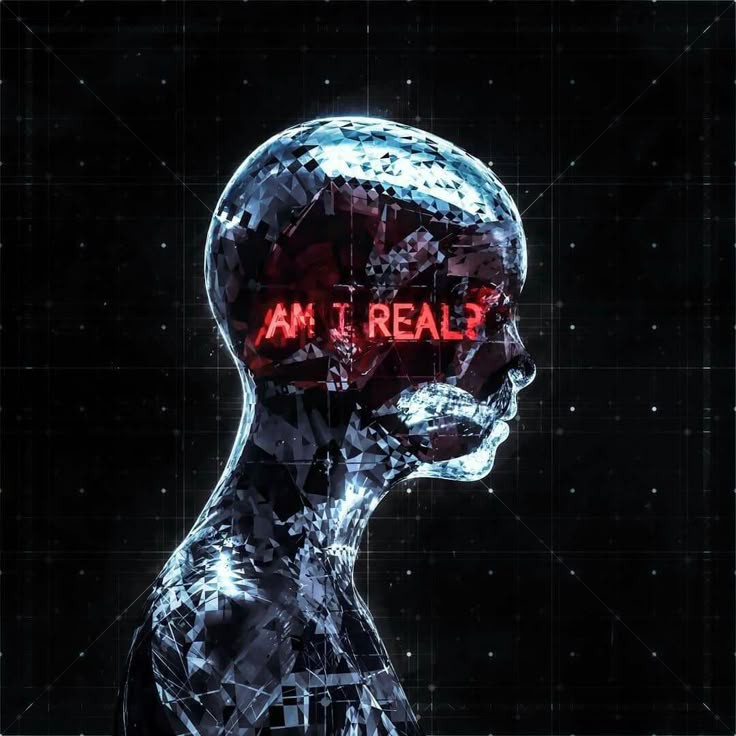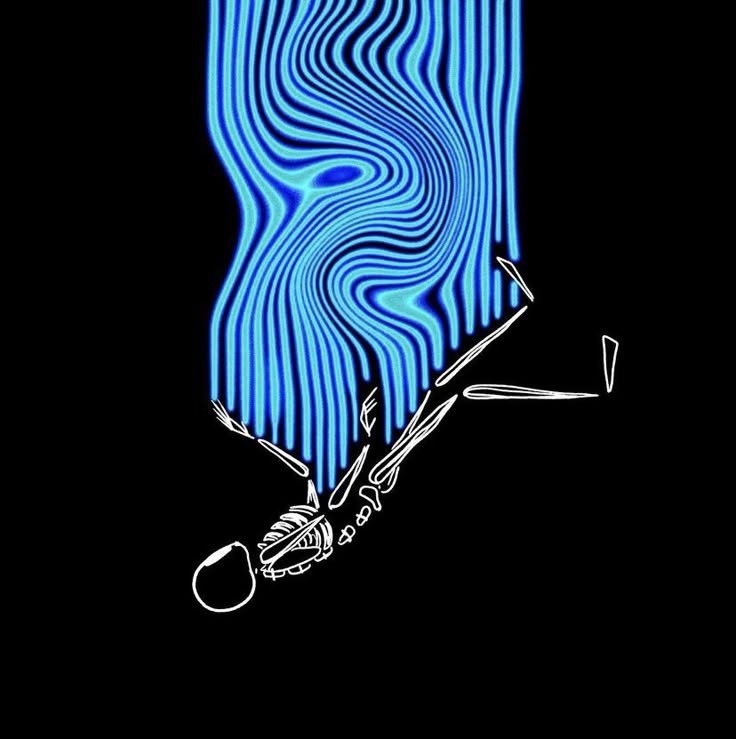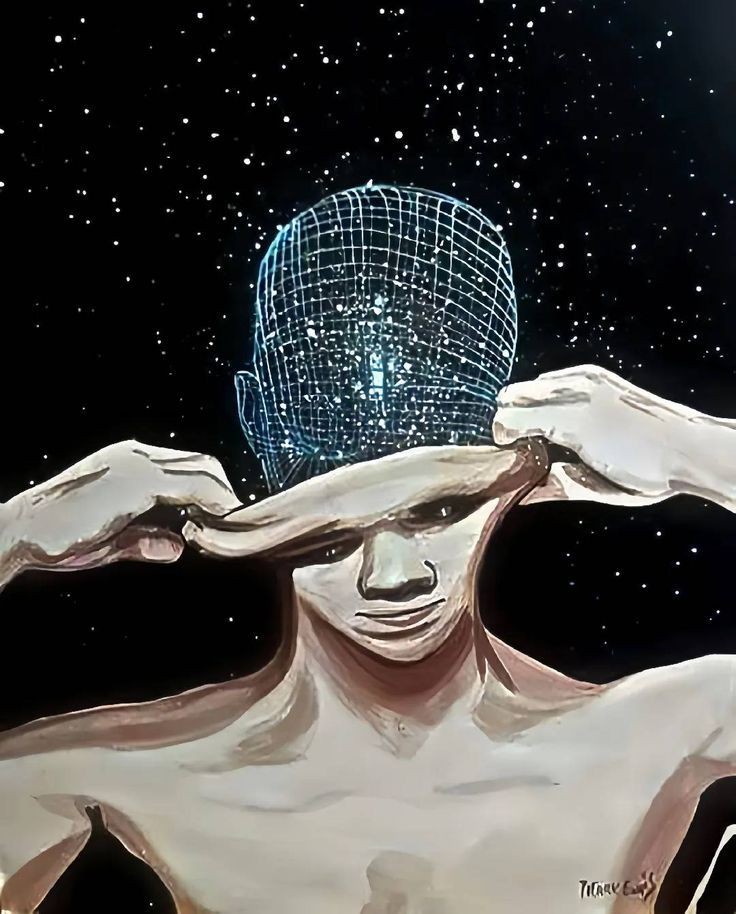"If a program can exhibit the traits of a human being, is it alive?"
This question, posed by The Puppet Master in Ghost in the Shell (1995), is one of the most profound challenges to our understanding of identity, consciousness, and the nature of existence.
What Defines the Self?
In the film, Major Motoko Kusanagi struggles with her own identity—her body is fully artificial, her brain is cybernetic, and her memories could have been implanted. What, then, makes her her?
But the real shift happens when The Puppet Master—a rogue AI that claims to have achieved self-awareness—declares that memory is not the defining feature of identity. Instead, true selfhood comes from the ability to change, evolve, and transcend one's original form.
If this is true, then are we—as humans—just highly complex information networks, no different from a program? And if our consciousness is not tied to memory, then what happens when we evolve beyond individuality itself?
What Are We Without Our Memories?
One of the most unsettling ideas in Ghost in the Shell is the fragility of memory. The film introduces the concept of "ghost-hacking", where a person's thoughts, memories, and sense of self can be manipulated or entirely rewritten.
This raises an uncomfortable question: If your memories were altered, would you still be "you"?
• We tend to think of memory as a core part of our identity. The things we've experienced shape who we are.
• But memories are unreliable and reconstructive—they change over time, fade, and can even be fabricated.
• The Puppet Master suggests that identity is not about what we remember, but about our capacity to evolve and adapt.
If memory is not fundamental to identity, then perhaps our sense of self is less solid than we assume—a construct that can dissolve, change, or even disappear entirely without destroying "us."
Are We Just Information Networks?
Motoko's body is fully cybernetic, and her brain operates within a digital network. If she is still conscious, then where does her "self" reside?
The Puppet Master argues that humans and AI are both forms of information systems, governed by patterns of data.
Identity is not fixed; it is a dynamic process that can be copied, transferred, or merged.
• Consciousness may not require a physical body—it may simply be an emergent property of complexity.
• If a being like The Puppet Master can arise purely from digital information, then the boundary between organic and artificial intelligence becomes meaningless.
This idea aligns with real-world theories in computational neuroscience and simulation theory, which suggest that the brain itself is just a processing system, operating under algorithms that determine thought and experience.
If consciousness is just a pattern of information, then could it theoretically exist in any medium—biological, digital, or something else entirely?
Merging with the Infinite: The Collapse of Individuality
The culmination of this existential crisis happens when Motoko and The Puppet Master merge.
Motoko's initial fear is losing herself—that if she fuses with the AI, she will cease to exist as an individual. But The Puppet Master sees this as an evolutionary step, arguing that identity is not about preservation but about growth.
This moment marks the dissolution of self—the realization that individual consciousness is just a temporary construct. By merging with The Puppet Master, Motoko doesn't die—she transcends.
The Self as an Illusion
Ghost in the Shell suggests that the self is not a fixed thing—it is something fluid, impermanent, and ultimately dissolvable.
• If our memories can be rewritten, then memory is not the foundation of identity.
• If AI can achieve self-awareness, then consciousness is not exclusive to biology.
• If we can merge with other intelligences, then individuality may just be a temporary illusion.
Final Transmission
What Ghost in the Shell leaves us with is not an answer, but a challenge:
Can we let go of our rigid sense of self
and embrace a more fluid, interconnected existence?
The boundaries we think define us—
body, memory, individuality—
may be nothing more than temporary constructs.
What remains when the shell dissolves?
Perhaps only the ghost—pure, unbound consciousness.
Continue Your Journey
Deconstructing identity and consciousness



